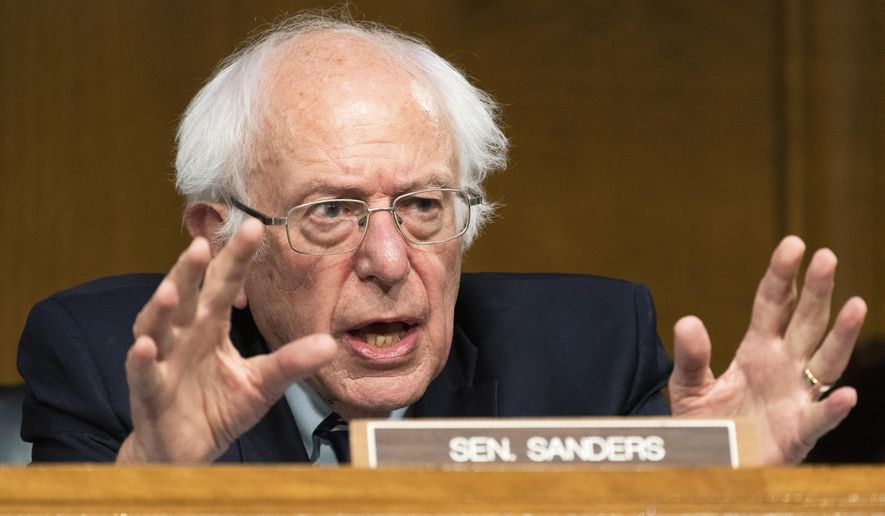OPINION:
Remember way, way back in January 2021 when Democrats, especially in the House of Representatives, spent all their time talking about how now was the moment to use the power of the federal government to address a variety of troubling societal problems?
There would finally be resources for the child tax credit, free community college, rebuilding inner-city schools, increasing educational funds for poorer communities, expanding Medicare’s reach and services, etc.
After the orgy of spending over the last 20 months, you would think that at least some of those problems would have been addressed. You would be wrong.
Infrastructure legislation was simply a larger version of the usual five-year highway bill. Reconciliation shipped $380 billion to executives and shareholders of wind, solar, battery, and electric vehicle companies. Some of that money will filter back through the system to environmental activists – largely white and college-educated — who have now become the advocacy arm of these industries, willing to overlook and sometimes even defend the degradation of the environment brought about by wind turbines, solar panels, and batteries.
Reconciliation also became a vehicle for the dispensing of health insurance subsidies to the well-off.
The CHIPS bill? A straightaway gift of $75 billion to a group of companies who have made combined profits of $250 billion over the last five years. The other $200 billion in legislation is being sent to various components of the federal bureaucracy and the national labs.
Finally, there is the transference of student loan debt from those who incurred it to taxpayers more broadly. The provisions that would limit the repayment of loans to just 5% of income and no more than 10 years, mean that colleges – many of which have endowments and assets measured in billions of dollars — will now be able to shift costs indefinitely to taxpayers. It is a windfall for teachers and administrators, and the students – now almost completely indifferent to price — will be happy accomplices.
All of it – infrastructure, reconciliation, CHIPS, student loan debt – adds up to around $3 trillion over the next ten years. Almost none of it was spent on anything that looked like a priority for the poor.
During debate on the CHIPS legislation, Sen. Bernie Sanders pointed out that whenever he proposed policies – free community college, expanded Medicare, paid family leave – that had the potential to help poor people, he was told that the United States couldn’t afford it. He’s right; that is always the standard answer.
Yet, somehow, the Democrats (and a handful of Republicans) managed to come up with $3 trillion that will serve mostly to make the rich and comfortable a little richer and more comfortable. The issue area made no difference – infrastructure, health care, education, manufacturing – everything the majority party has done over the last 15 months has sent poor people to the back of the line.
On the taxing side, the Democrats made sure to protect rich people by cutting out any provisions – including carried interest – that would raise money from rich people. The book minimum tax that the president is always touting as making corporations “pay their fair share”? Consumers of those companies’ products – the vast majority middle class – will pay those taxes. Corporations, as always, are just tax collectors. Executives and shareholders couldn’t care less about the minimum tax because they don’t pay it.
All of this tax policy and spending serves to ship cash to or otherwise subsidize the college-educated, mostly white folks who are now the center of gravity of the Democratic Party.
Whatever happened to all of the talk about the child tax credit and free community college and Medicare for all and taxing the rich and all that persiflage? Well-meaning but ineffective socialist legislators – looking at you Mr. Sanders – got rolled. Those who talk like progressives but really just play the game – looking at the ladies in the Squad – sat quietly while the rich folks who really run the Democratic Party decided who was going to get what.
The lesson from the recent spasm of Democratic legislating and policy-making is, despite their rhetoric, crystal clear: Given a chance, Democrats don’t help the poor, and, when they get the chance, they don’t really tax the rich either.
• Michael McKenna, a columnist for The Washington Times, co-hosts “The Unregulated” podcast. He was most recently a deputy assistant to the president and deputy director of the Office of Legislative Affairs at the White House.




Please read our comment policy before commenting.